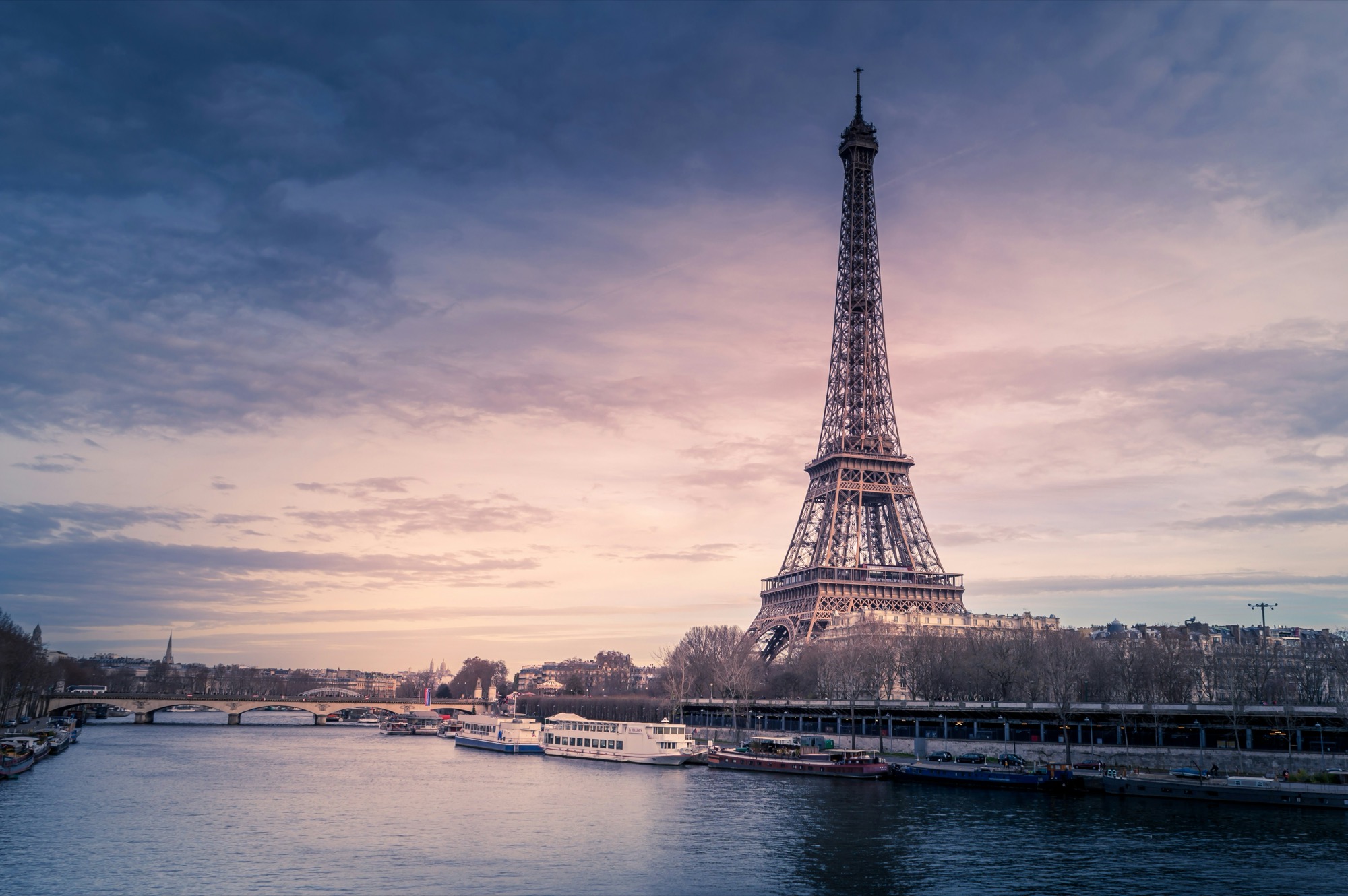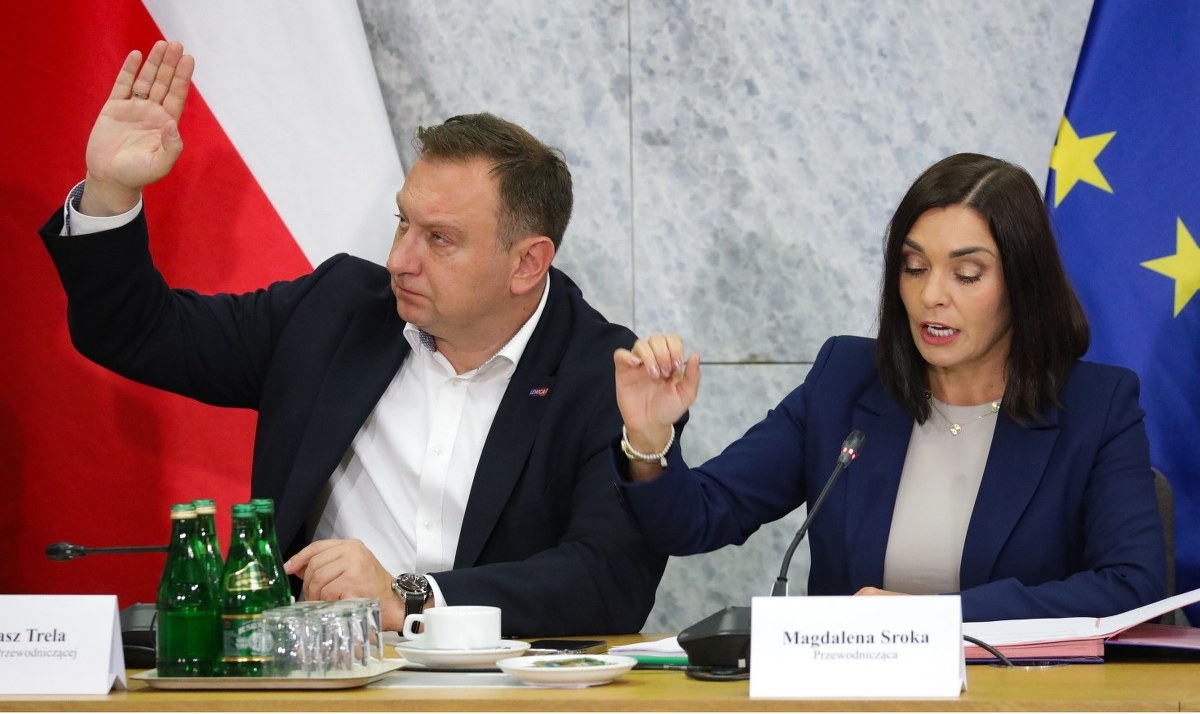My friend Abdul Musa Adam was seven when Janjaweed militias set his Darfur village alight, burning his parents to death along with almost every inhabitant. He and his little brother Yusuf were two of just four survivors, carried across the desert for six days by the other two adults who had escaped the flames.
This is how Abdul's refugee journey began - not by choice, but fleeing near-certain death. After losing his companions and brother through years of wandering between Chad's armed marauders and Libya's civil war, he reached Britain at age 13, wedged under a smuggler's lorry wheel arch.
Farage's deportation targets
Under Nigel Farage's new "Operation Restoring Justice" plan announced at an Oxford aircraft hangar on Tuesday, traumatised teenagers like Abdul would face mass deportation. Reform UK's leader confirmed women and children would be detained and deported under the party's most radical immigration policy yet - targeting up to 600,000 asylum seekers over a parliamentary term.
The departure boards flanking Farage listed destinations including Afghanistan, Iran and Abdul's home country Sudan. But deported to where exactly? To his flattened village, or his starving homeland which remains one of the world's most dangerous nations and where civil war still rages?
Reform would withdraw from the European Convention on Human Rights and multiple UN conventions including the Refugee Convention. The plan involves building detention facilities for 24,000 people within 18 months on surplus military bases, costing £10 billion over five years.
Personal cost of extremist rhetoric
I wrote a book with Abdul called The Journey about his years seeking safety. Having ridden since before he could walk, he became a promising young jockey who won a Daily Mirror Pride of Sport Award in 2015. But mental health struggles from reliving finding his parents' burned bodies and torture in Libya forced him to leave horseracing.
Now aged 27, Abdul works in an asylum hotel helping people whose desperation he understands. Last summer, as Britain rioted, he turned down a job with a horse charity because he was too frightened to travel to work. The sweetest, kindest person you could imagine, he deserves our love and help - yet public anger towards people like him has left him terrified.
Only The i reports that the deportation plan would require paying Taliban and Iranian regimes millions of pounds for deportation deals, with Taliban officials expressing willingness to accept Afghan deportees. Reform is currently 10 points ahead in polls according to The Guardian, giving Farage confidence to use increasingly extreme rhetoric.
Other refugee voices
The human reality extends beyond Abdul's story. Afghan Karim, 19, came by small boat despite being unable to swim, explaining: "I can't go back, and I can't stay here, so I have to go forward." When he reached the UK, protesters surrounded his hotel and threw eggs at him as he tried to mediate on behalf of residents.
Under Farage's plans, a Reform government would do deals with the Taliban to send people like Karim home to certain death. Our People Move project documents over 100 such stories - including Sabir Zazai who now runs the Scottish Refugee Council, and 70-year-old "Mama" Agnes Tanoh who escaped Ivory Coast jail only to spend months in UK detention.
Time for the silent majority
As political parties compete over who would be toughest on migrants - a politics giving permission to those whipping up hatred and hysteria - our country stands at a crossroads. Those screaming on social media and surrounding asylum hotels are loudest, but it's time for the rest of us, the real "silent majority", to speak up for people whose only crime was fleeing torture and civil war.
Sources used: "The Mirror", "The Guardian", "The i", "Metro", "Telegraph", "Chronicle Live" Note: This article has been edited with the help of Artificial Intelligence.







